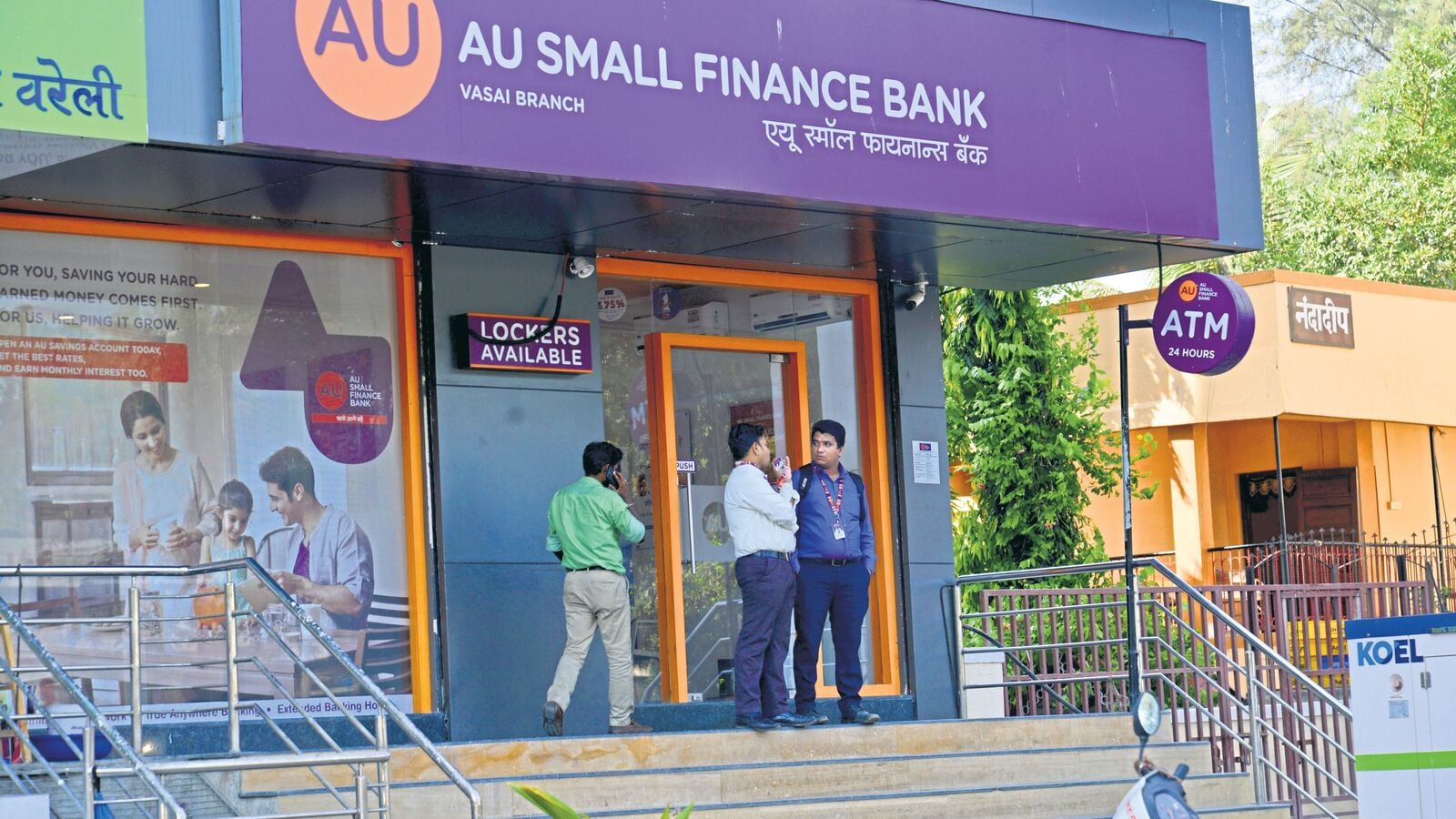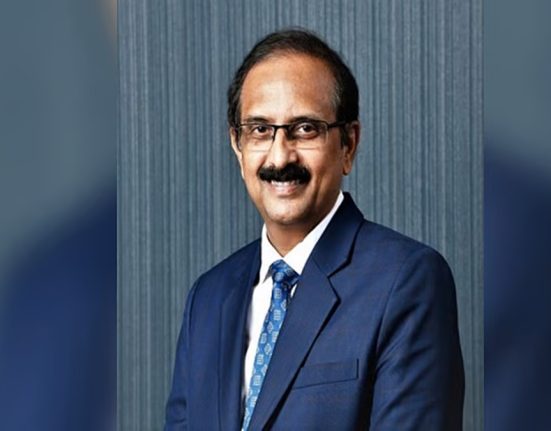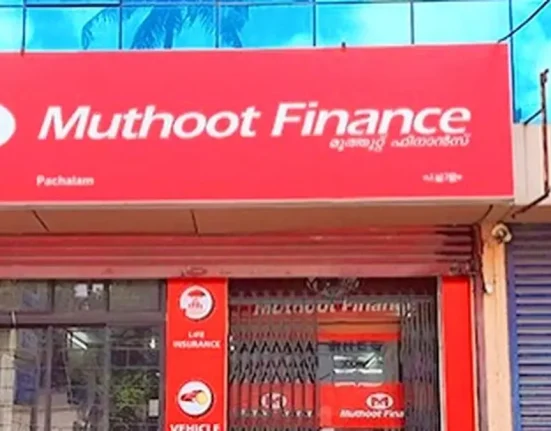“My shareholding has to be shifted to the NoFHC structure, where we need to figure out the process and the modalities,” Agarwal said. “We just got it (the approval) last night, so it takes some time, but it should not be so complex in my opinion. Also, we need to change our name from AU Small Finance Bank Limited to AU Bank Limited.”
A non-operating financial holding company (NoFHC), a precondition for becoming a full-service bank, is a regulatory requirement that ensures lenders are managed independently without conflict of interests. RBI has given AU Small Finance Bank 18 months to set up the holding company.
“The universal tag, we’ll only get when we do all these things. It will not be universal from tomorrow. What we need to do and how it will be done, it will be discussed with the regulators,” he told Mint on the sidelines of an event to announce the RBI approval.
While this will have tax implications, there is a provision allowing a dispensation for such regulator-mandated company structures, Agarwal said, adding that the bank will discuss with RBI to figure out the transition, as a universal bank licence has not been granted in over a decade.
“We need to rewind that whole process and see how it can be done,” he said. “But on the face of it, it is a more pragmatic and progressive structure where they safeguard the bank’s interest as well as the promoter’s interest.”
Agarwal said he has no plans to venture into other areas of business until he heads the bank, but could consider other financial services after retirement.
“Till I remain a CEO of a bank, there is no other plan. I want to completely focus on this franchise. Of course, post my retirement (I might look at it). The bank can do a lot many things, but at my personal level, I will only do once I get free from the bank,” he said.
Agarwal has headed the Jaipur-based small finance bank for eight years since it started its journey in 2017, transitioning from the original company Au Financiers established in 1996.
RBI has capped the tenure of private sector bank heads at a maximum of 15 years. Agarwal said while he will “make his case” with the RBI for a full 15-year tenure, he is unlikely to get it.
“I will apply for it that way, that you should give me my 15 years from the date of universal (bank licence). I will push my case,” Agarwal quipped at the conference. “But if you ask me, in spirit I am already in the eighth year as MD and my tenure of 15 years should complete by 2032 on the universal bank platform. I don’t expect that RBI will be giving me another 15 years.”
Perception change
The biggest advantage Agarwal sees coming from the universal bank tag is the change in customer perception as most people still do not completelytrust a ‘small finance bank’ or understand how it works differently than a universal bank.
“SFB, as such, is a brilliant model because they allowed people like us to transit from NBFC (non-banking financial company) to SFB. But I think in the longer run, it is difficult to explain to the public at large what ‘small finance’ means and whether you are allowed to take deposits and you are a normal bank or whether it is a safe bank,” he said.
Deposit mobilization at lower or competitive rates has been the biggest challenge for small finance banks, given that their rates are around 100 basis points higher than universal peers.
“If you can establish that you are more secure, people can also trust you more, and you can build a brand and retail deposits at lower cost, then your sustainability is cemented. We need to work on those parameters now,” he said.
Lower cost of funds
Agarwal said the bank aims to bring the cost of funds below the prevailing repo rate in the next five years. Cost of funds for the lender decreased to 7.08% in first quarter of FY26 from 7.14% in the previous quarter.
Cognizant of the fact that the bank has to grow its unsecured loan book, Agarwal said the focus will be more on segments such as personal loans and credit cards “in a more measured manner”, given some asset quality stress seen in these segments over the past year. “We have to increase our unsecured book portfolio, but the cap (on share of unsecured loans) we have maintained as of now is around 15% and right now we are around 8%,” he said.
Unsecured loans typically attract higher rates of interest owing to the lack of collateral offered by the borrower and the higher risk for the lender. AU, despite operating largely in secured loan segments so far, has a relatively higher yieldon advances–what the bank effectively earns on loans–compared with peers, due to the customer segments it operates in. But this will normalize to an extent as the portfolio grows, Agarwal said.
Yield on gross advances declined by 27 basis points to 14.1% in Q1 FY26 from 14.4% in the prior three months.
“My cost of money will go down, my yield will go down. That’s why my growth will happen. Over the period of time, I believe that our NIM (net interest margin) should be well protected because of this whole balancing around cost of money and the yield,” he said, adding that in the longer run, the aim will be to maintain return on assets of around 2%. NIM for the last reporting quarter was at 5.4% compared with 6.0% a year earlier.
Asked if he is feeling the pressure of competing with larger banks after becoming a universal lender, Agarwal said in the conference that the business model of pricing deposits at higher rates and lending at higher rates puts it against NBFCs more than banks.
“I think honestly, for them we are threatening,” he said, adding that given the choice, AU would want to use the universal bank license to make the loan pricing more competitive and keep operating in these markets, which give a higher yield and allow secured lending. “Our competition is more with NBFCs than a bank…so ideally I want to be in this market till this (model) allows me.”






